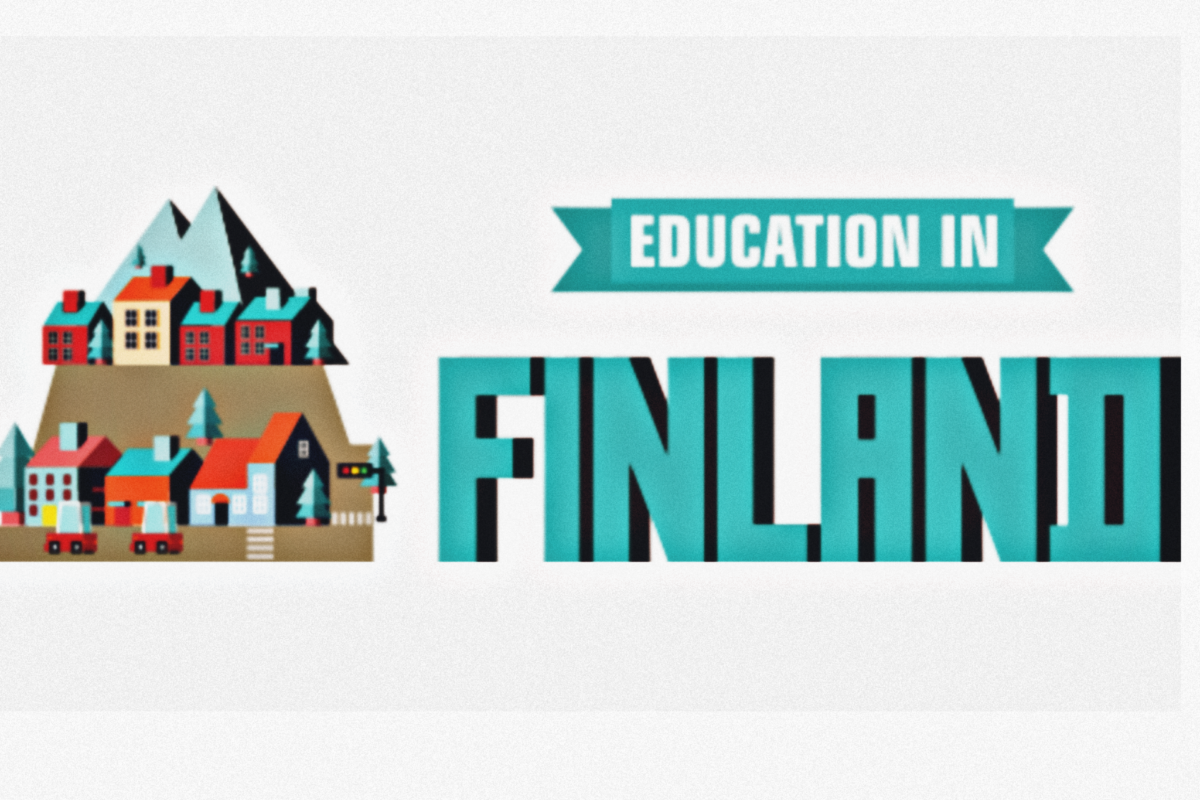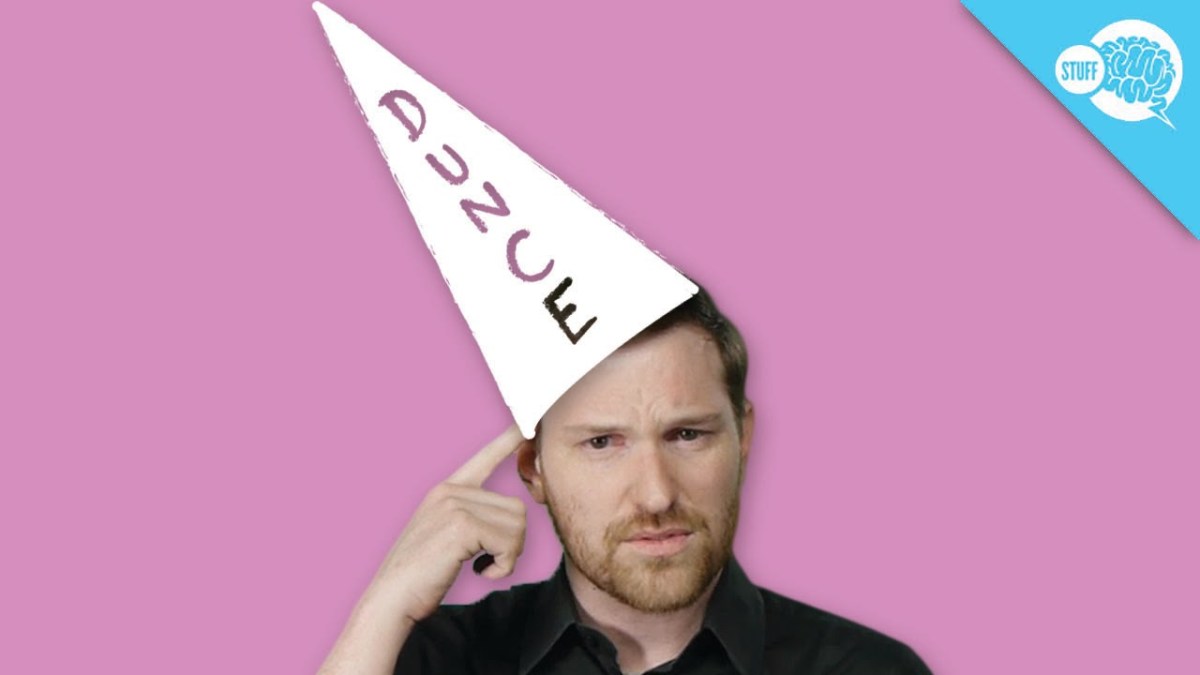The Finland Case Against Early Learning
Finland is often used as a case against early learning because it's one of the top scorers on the OECD's PISA test. The PISA test is taken every three years and covers math, reading and science.
Finnish students don't start formal education until the age of 7. Most do attend a four year preschool, which doesn't teach academics like math and reading. An argument is made that Finland's students start school later but catch up with their peers in other countries who start at 4, 5 or 6. Does this indicate that later learning is superior to early learning?
Related Topic:
- Don't Use Finland as a Case Against Early and Baby Reading
Critics of teaching babys or preschoolers to read often point to Finland because formal reading instruction starts at 7. However many Finnish students start to read earlier and reading in the Finnish language is much easier than English.
Reasons for Finland's Success
It's highly unlikely that entering school later is a factor in Finland's success. After all, students in Bulgaria also start formal education at the age of 7. Bulgaria scores close to the bottom on the PISA test.
Finland is successful academically for several reasons:
- It has one of the lowest rates of poverty in the world
- It has a very education and reading centered culture
- Finland produces more children's books than any other nation
- According to a Finnish study, 30% of Finland's students can read before starting school. Another 43% are considered to be emergent readers
- Finnish preschools focus on teaching knowledge
- Parents are very involved in the education of their children
- Successful students in Finland work with struggling students to help them catch up
- Finnish schools intervene when students start to fall behind
- Amost half of Finnish adults have a four year college degree versus one quarter in the United States
Finland isn't successful because it's students start later. It's successful because knowledge, education and learning is valued. It's successful because it has low rates of poverty. It's successful because many parents have college degrees. Finnish children most likely begin their formal education with a huge knowledge advantage over peers in other countries.

The Case for Early Learning
Finland and Bulgaria both begin formal education at age 7 but their outcomes are very different. Many studies have found that early learning has huge advantages. Children who have engaged in early learning maintain an advantage over later learning peers.
Dolores Durkin studied preschool readers in 1960s. She found that preschool readers maintained an advantage over later readers. These early readers did better on reading tests and were a couple of grade levels ahead of later reading peers.
A French study looked at the performance of disadvantaged children at the 5th grade level. French preschools tend to put a lot of focus on early academics. Students who started preschool at the age of 2 were ahead of those who started at 3. They were ahead of students who started at 4. Finally children who started at 4 were ahead of those who started at age 5. There would obviously be a big difference in academic performance between children who started at 2 versus those who started at 5. Of course, there may be nonacademic explanations for some of the future difference in academic performance. Needless to say, a later start in school proved to be a big disadvantage at the 5th grade level.
Critics of early learning need to be very careful. Their arguments have the potential to negatively impact the outcomes of millions of children. If they're going to make a case against early learning, it should be based on solid evidence. In all of the arguments, I've read against early learning, I've never seen solid evidence that later learners outperform earlier learning peers. What I see is simplistic arguments like look at Finland.
I do agree with these critics that putting pressure on young children to learn is probably harmful. I'm a big believer in pressure free early learning. Small children should not be forced to do something they don't want to do. But young children can be taught a huge amount without pressure or frustration. Critics of early learning make the mistake of assuming that early learning must require harmful pressure. It doesn't. But early learning can and does reduce the risk of academic failure later on. For that alone, it should be done.








